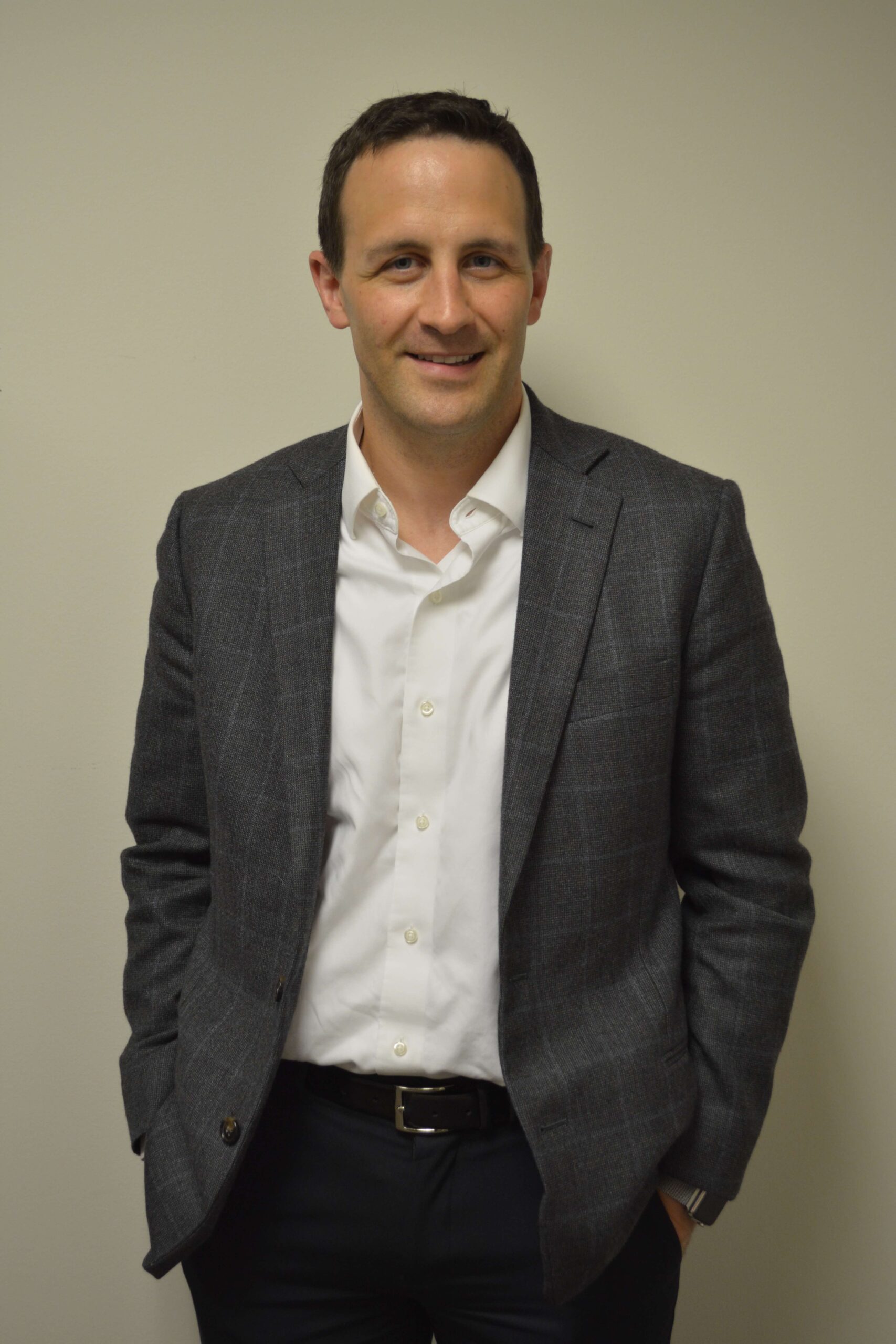Pro Bono Ambassador: Garrett T. Johnston
Volunteer services are vital to the Catholic Charities St. Frances Cabrini Center for Immigrant Legal Assistance’s ability to provide high-quality immigration legal services to the Houston community. Last year, the Cabrini Center utilized more than 4,500 hours of pro bono services.
In an effort to recognize those pro bono attorneys, law students and volunteers, we will feature a different pro bono ambassador every month.

Garrett Johnston is an associate in the Corporate and Financial Services Department of Willkie Farr & Gallagher LLP in Houston. He is a pro bono volunteer for the Cabrini Center.
Garrett T. Johnston, Willkie Farr & Gallagher LLP
Garrett Johnston is an associate in the Corporate and Financial Services Department of Willkie Farr & Gallagher LLP in Houston. Garrett’s focus is private equity transactions, including mergers and acquisitions, joint ventures and debt and securities matters. In the areas of mergers and acquisitions and securities matters, he has represented private equity sponsors and public and private companies. His experience encompasses transactions in energy and a range of other industries.
See our interview with Garrett below:
You were originally from New York?
I was born in Houston, but grew up in Oklahoma and practiced law in New York before moving back to Houston a few years ago.
How did you get involved with Catholic Charities?
I first got involved in Catholic Charities when I did a DACA (Deferred Action for Childhood Arrivals) clinic in-house. My first applicant was a young boy who was applying so he could work to save money to go to college. It was the kind of story that you want to hear when you’re working at a DACA clinic. He was a smart and kind young man and we had a very successful application process; he made it easy. I spent a lot of time talking to him and his mother throughout the process. It was very rewarding, so after that I started volunteering when the opportunities arose and I had time.
The DACA clinics and citizenship clinics are great opportunities for attorneys who have limited time and might not feel that they have the ability to commit to a full case.
So doing citizenship workshops gives you a chance to best use your time?
Yes, and it provides some flexibility. Transactional practice is oftentimes spur of the moment. It can be hard to commit to the more traditional type of pro bono work, where you might have to go to court or assist the client outside of the office. So I think the clinic model works well for me.
What’s been your experience working with some of the DACA clients in the citizen workshops. What surprised you?
Particularly with DACA, it’s really just the positive stories that you hear and the reason they’re coming to us. In addition, they immediately have faith in you to help them fill out these really complicated forms. You think about it from the client’s perspective, and the forms and the process are clearly quite intimidating – particularly if English is not their primary language. If the forms are not filled out correctly or the process is not followed, it can create all kinds of problems.
Quickly you realize that without really even knowing you, they’re trusting you. And they’re so gracious and thankful, it becomes a rewarding experience – just for sitting down for a couple hours and giving some attention to detail and your time.
What surprised you the most in doing these workshops?
I think the biggest surprise was that the primary reason that a lot of these children were going through the process was that they wanted to save money for college or support their families. There are a lot of teenagers out there that really want to work or even need to work, and they aren’t authorized to work due to their immigration status.
What would you tell other attorneys that might be interested in this kind of work, especially if they don’t have a background in immigration law, but they’re interested in helping?
I would tell them that an immigration background isn’t necessary. Don’t be intimidated by the fact that this is labeled “immigration law.” Your legal background is what is important. It’s being detail-oriented and utilizing your people skills, your interviewing skills – skills that all lawyers should have – and volunteering your time. You can step in and provide immediate help.
Working with Catholic Charities, they’re an amazing resource and they’ve seen literally thousands of these cases – they know all the ins and outs. It’s a straightforward process, and an easy way to get involved in the community, and to learn about and interact with people you may not otherwise on a daily basis.
What do you like to do what you’re not working?
I have two children under four, so I spend a lot of time chasing them around. We do things that toddlers do – going to the pool, the zoo, the parks. And, of course, I try to exercise regularly and go to dinner with my wife. That’s sort of my life outside of the law firm.
What do you see in the future as far as your work with Catholic Charities?
Willkie’s Houston presence is growing, and we’re always on the lookout for ways to get involved in the community. I think it’s important to our presence here in Houston, so I think we’re hoping that we can grow our relationship with Catholic Charities and other local organizations, do more clinics, get more people involved, and hopefully come up with new and creative ways help the community. Immigration law also seems to be rapidly changing, particularly in light of public policy concerns and the upcoming election, so it’s not an area where it’s the same old thing every day; it’s going to change and evolve, and we want to be there to help when we can.
